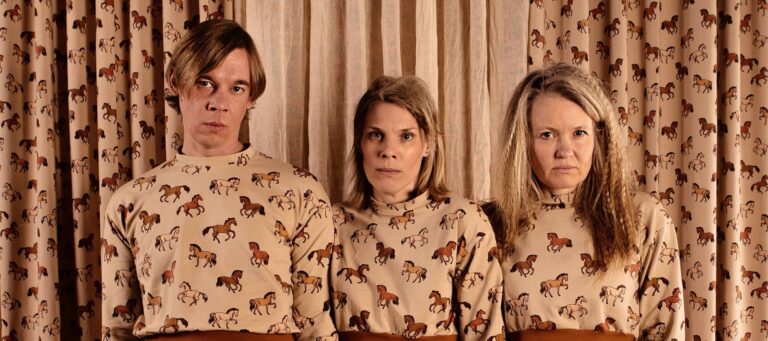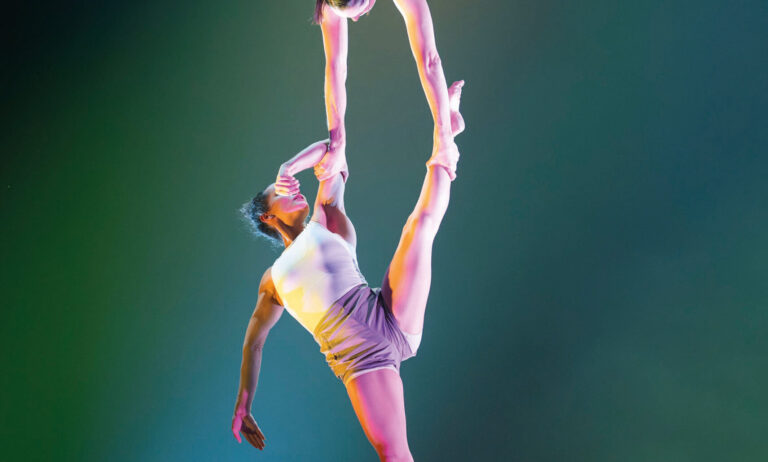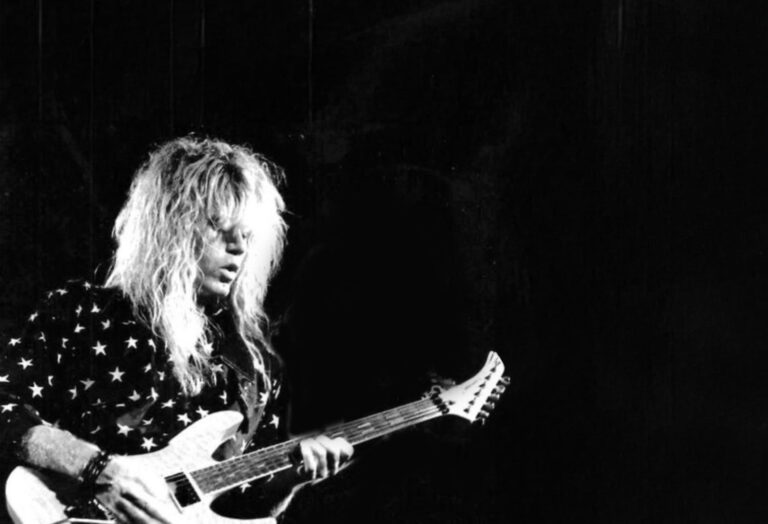Theater Oostpool
Madame Butterfly
"Knetterende energie en zinderende emoties." - Scènes ★★★★
Puccini’s wereldberoemde opera Madama Butterfly weet met haar zeer bekende aria’s al meer dan een eeuw lang generaties operabezoekers te boeien. Maar wat vertelt dit muzikale meesterwerk, dat zich afspeelt in Japan, ons eigenlijk? Na het overweldigende succes van De Bananengeneratie is het voor regisseur Char Li Chung tijd om een nieuwe stap te zetten in de Aziatische representatie in het Nederlandse theater. Met Madame Butterfly brengt hij een radicale en eigentijdse reactie op de oorspronkelijk Italiaanse opera.
“Knetterende energie en zinderende emoties.” – Scènes ★★★★
Madame Butterfly door Puccini
De opera uit 1904 vertelt het verhaal van de 15-jarige Japanse geisha Cio-Cio-San, bijgenaamd Butterfly. Ze wordt verliefd op de Amerikaanse marineofficier Pinkerton, die direct na hun huwelijk terugkeert naar zijn geboorteland. Butterfly blijft verlaten achter in verwachting van hun zoon. Na drie jaar keert haar geliefde terug, maar niet voor de hereniging waar Cio-Cio-San op heeft gewacht.
Een erfenis van orientalistische verhalen
Madame Butterfly werd een blauwdruk voor talloze verhalen en films die Aziatische vrouwen portretteren vanuit een westers, mannelijk perspectief. Van Miss Saigon tot The World of Suzie Wong, Memoirs of a Geisha en scènes in films als Full Metal Jacket en Austin Powers weerspiegelen vooroordelen die ook vandaag de dag in de Nederlandse samenleving nog steeds voortwerken: de Aziatische vrouw als kwetsbaar, ondergeschikt en seksueel object voor de westerse man.
Het mythische beeld van de Aziatische vrouw
Met zijn radicale bewerking breekt regisseur Char Li Chung met het originele verhaal. Naast nieuwe personages, opgevoerd in de context van een werkelijke geschiedenis, komt Cio-Cio-San (Cystine Carreon, bekend van o.a. Gooische Vrouwen en Miss Saigon) in Madame Butterfly eindelijk zelf aan het woord. Niet langer staat het oriëntalistische mannelijke perspectief centraal, maar krijgt de hoofdpersoon zeggenschap over haar eigen verhaal. En dat werd hoog tijd.
Regie: Char Li Chung / Spel: Cystine Carreon e.a. / Dramaturgie: Madelon Kooijman / Scenografie: Yannick Verweij / Lichtontwerp: Yuri Schreuders / Kostuumontwerp: Patricia Lim / Kostuumatelier: Femke van Neerven / Casting: Emilie Pos / Campagnebeeld Elza Jo
Madame Butterfly – A Radical and Contemporary Reimagining
Puccini’s world-famous opera Madama Butterfly has captivated generations of opera lovers for over a century with its iconic arias. But what does this musical masterpiece, set in Japan, truly tell us? Following the overwhelming success of De Bananengeneratie, director Char Li Chung takes a bold new step in Asian representation within Dutch theater. With Madame Butterfly, he presents a radical and contemporary response to the originally Italian opera.
Inclusive Experience: Audiodescription
This performance includes audiodescription, a narration provided by a blind interpreter. Through headphones, audience members can hear a detailed description of what is happening on stage, including actions, expressions, and set design. Additionally, a Meet & Feel session before the show allows visitors to explore the set, costumes, and meet the performers. This initiative is in collaboration with Stichting Komt het Zien!.
📞 For ticket reservations, call 050-3680368 (available on weekdays from 10:00 to 16:00).
Madame Butterfly by Puccini
Premiering in 1904, Puccini’s opera tells the tragic story of Cio-Cio-San, a 15-year-old Japanese geisha nicknamed Butterfly. She falls in love with Pinkerton, an American naval officer who marries her only to return to his homeland soon after. Left behind and pregnant with his child, Butterfly waits for him for three years. When he finally returns, it is not for the reunion she had hoped for.
A Legacy of Orientalist Narratives
Madame Butterfly became a template for countless stories and films depicting Asian women from a Western, male perspective—from Miss Saigon and The World of Suzie Wong to Memoirs of a Geisha and even scenes in Full Metal Jacket and Austin Powers. These narratives reinforce harmful stereotypes, portraying Asian women as fragile, submissive, and sexualized objects for Western men—stereotypes that persist in Western societies today.
Reclaiming the Narrative
With his bold reworking, director Char Li Chung breaks away from the original story. Through the introduction of new characters and real historical contexts, Madame Butterfly finally gives Cio-Cio-San a voice of her own. Played by Cystine Carreon (Gooische Vrouwen, Miss Saigon), she is no longer defined by an orientalist, male perspective but instead takes control of her own story. And that was long overdue.










